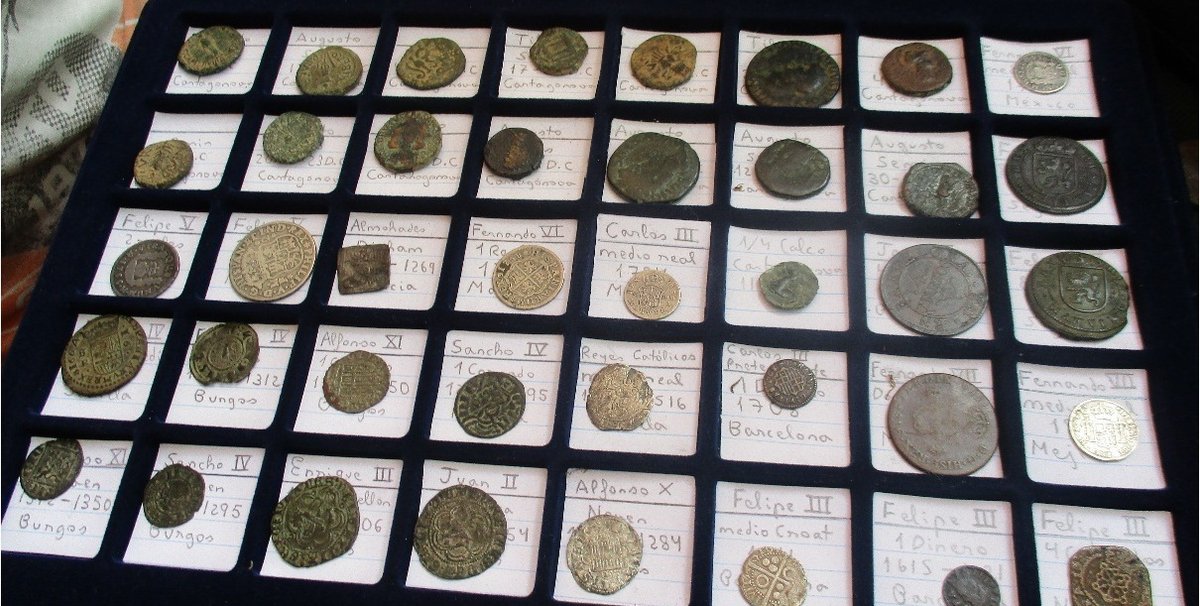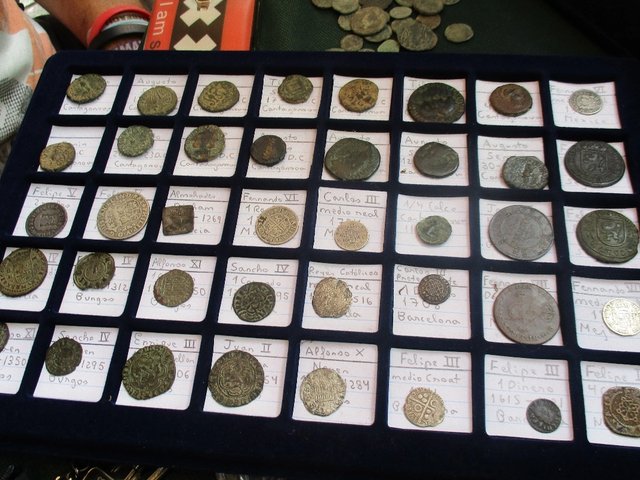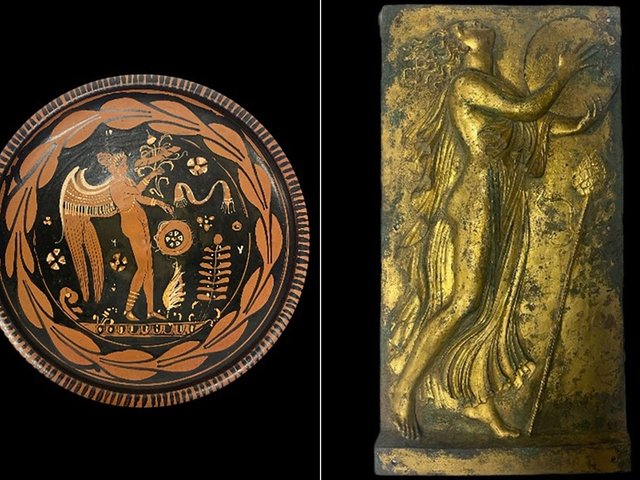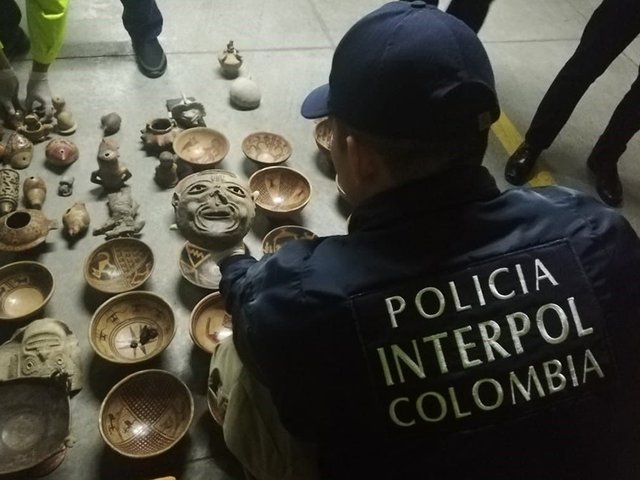This Sunday, the Spanish interior ministry released the results of Operation Pandora, an international police investigation related to an illegal trafficking ring in cultural property, coming mainly from conflict zones. The operation, launched by Spain and Cyprus last autumn, went into action from 17-23 November 2016 and involved authorities from 18 European countries. It led to the arrest of 75 individuals and the seizure of 3,561 cultural objects, half of which were antiquities.
The operation—supported by Unesco, Interpol, Europol and the World Customs Organization—involved checks of nearly 50,000 individuals, 30,000 vehicles and 50 ships. By the end of the operation, 92 new investigations related to the fight against illegal trafficking in cultural property were opened in Europe, the Spanish ministry indicated.
Among the objects confiscated in Spain are 500 archaeology artefacts, including 19 stolen in 2014 from the Murcia Archaeological Museum. The analysis of online sales also led to the seizure of 400 coins, from different eras, with questionable provenance. In Greece, a marble tombstone from the Ottoman Empire and an 18th-century icon in the post-Byzantine style representing Saint George were found. In Cyprus, 40 objects were discovered at the post office in Larnaca, where the country’s main airport is located. From the 44 searches carried out in homes and other buildings in Cyprus, 1,383 objects and 13 metal detectors were also seized. France did not participate in the operation.





